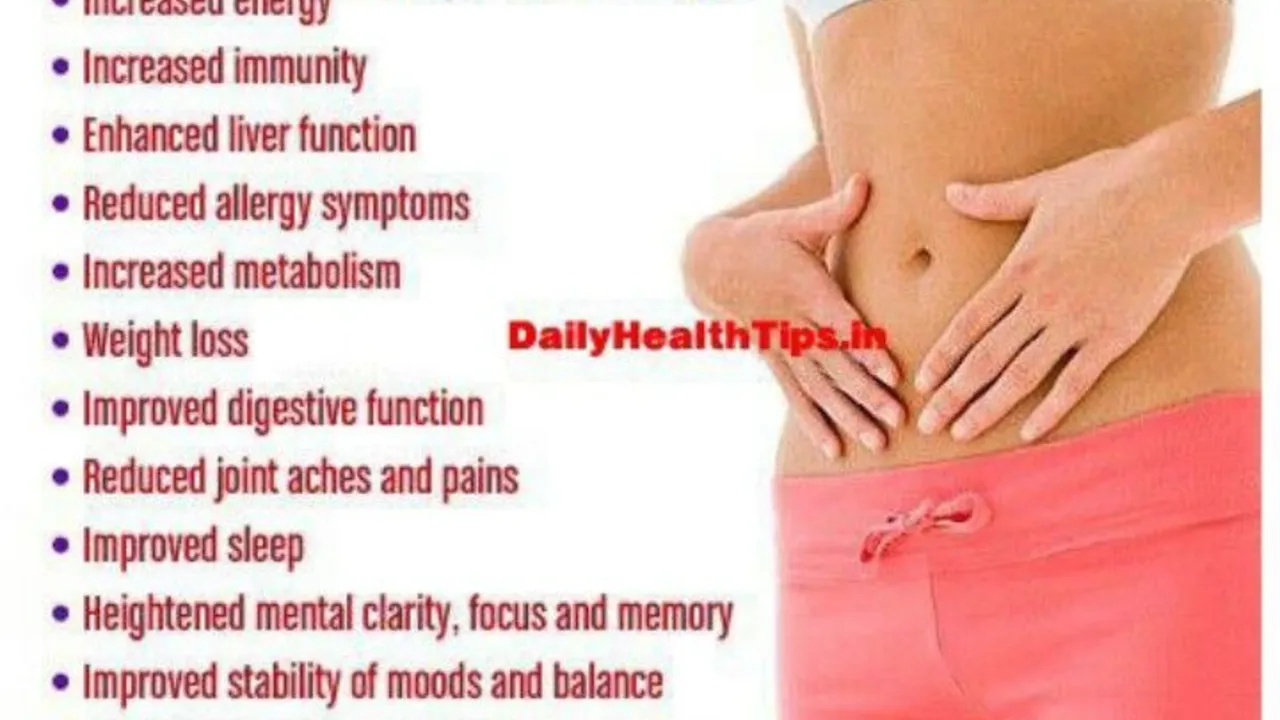Exercise Made Simple: Why Moving Matters and How It Affects Your Meds
Ever wonder why doctors keep telling you to stay active? It’s not just about looking good. Regular exercise keeps your heart, muscles, and even your medicines working better. Below you’ll find straight‑forward advice you can start using today, plus a quick look at how certain drugs react to physical activity.
Quick Wins to Get Moving
Start with something you enjoy – a brisk walk, a bike ride, or a short home workout. Aim for 150 minutes of moderate activity each week; that’s just 30 minutes, five days a row. If you’re short on time, break it into 10‑minute chunks. Consistency beats intensity when you’re building a habit.
Here are three easy routines:
- Morning stretch: 5 minutes of gentle yoga or dynamic stretches to wake up muscles.
- Lunchtime walk: 15‑minute stroll around the block or up the stairs.
- Evening circuit: 3 rounds of 10 squats, 10 push‑ups, and 20‑second planks.
Mixing cardio, strength, and flexibility gives you a balanced program that supports heart health, bone strength, and mood.
Exercise and Common Medications
Physical activity can change how your body processes drugs. Knowing the basics helps you avoid surprises.
Blood pressure meds (e.g., Procardia, Furosemide): Exercise often lowers blood pressure, so you might need a dose adjustment. Keep an eye on any dizziness and talk to your doctor if you feel faint.
Blood thinners (e.g., warfarin): Sweat and dehydration can affect blood clotting levels. Stay hydrated and get regular blood tests to keep everything in check.
Diabetes drugs (e.g., Amaryl): Moving muscles use glucose, which can lower blood sugar quickly. Check your levels before and after workouts, and have a snack ready if they dip.
Antidepressants (e.g., Bupron, Elavil): Exercise can boost mood, sometimes allowing lower doses over time. However, some people feel increased heart rate or anxiety at first – start slow and monitor how you feel.
These are just a few examples. The rule of thumb: if you’re starting a new routine or changing intensity, give your doctor a heads‑up.
Finally, remember that rest matters just as much as activity. Your body repairs itself during sleep, and that’s when medications do most of their work. Aim for 7‑9 hours of quality rest, stay hydrated, and fuel up with balanced meals.
In short, exercise isn’t a separate habit – it’s a tool that makes your meds work better, improves overall health, and keeps you feeling good. Pick a simple move, stay consistent, and check in with your healthcare provider when you make changes. You’ll notice the benefits faster than you think.
Exercise and Relapsing-Remitting Disease: Benefits and Precautions
Hey there, fellas! Today I'll be hitting on something that's particularly close to my heart: exercise and its impact on relapsing-remitting diseases. Together, we'll probe into the benefits and safety precautions we ought to bear in mind when exercising with this health condition. It's all about how to get the most out of our workouts while keeping it safe and sustainable. So, let's dive into the nitty-gritty and unpick this important issue!

